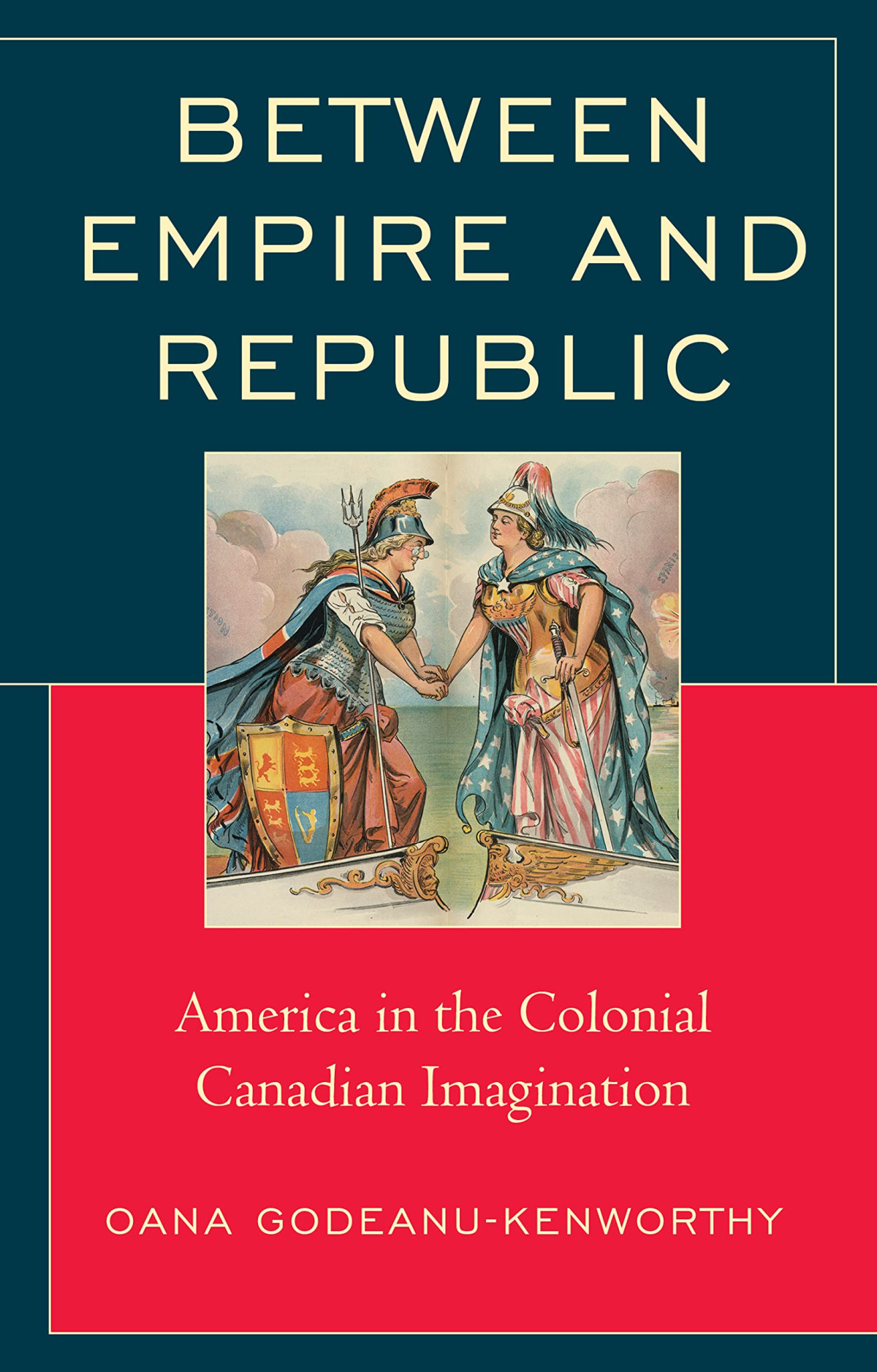

Most ebook files are in PDF format, so you can easily read them using various software such as Foxit Reader or directly on the Google Chrome browser.
Some ebook files are released by publishers in other formats such as .awz, .mobi, .epub, .fb2, etc. You may need to install specific software to read these formats on mobile/PC, such as Calibre.
Please read the tutorial at this link: https://ebookbell.com/faq
We offer FREE conversion to the popular formats you request; however, this may take some time. Therefore, right after payment, please email us, and we will try to provide the service as quickly as possible.
For some exceptional file formats or broken links (if any), please refrain from opening any disputes. Instead, email us first, and we will try to assist within a maximum of 6 hours.
EbookBell Team

4.7
76 reviewsIn 1837, a small group of rebels proclaimed the short-lived Republic of Canada. Between then and the Act of Confederation of 1867, colonial Canadians tried to imagine the future of their communities in North America. The choice between monarchy and republicanism shaped both colonial self-images and images of the United States; it also drove the political deliberations that eventually united the colonies of British North America into a self-governing Dominion under the British Crown. Between Empire and Republic is a thematic exploration of the political discourse embedded in the literary output of the period. Colonial authors Susanna Moodie, Th. Ch. Haliburton, and John Richardson enjoyed transatlantic popularity and explained colonial realities to their British, Canadian, and American readership. Collectively, their writings serve as the lens into colonial Canadian perceptions of American and British political ideas and institutions. Between Empire and Republic discusses North America as a literary contact zone where British principles of constitutional monarchy competed with American ideas of republicanism and democratic self-government. The author argues that political ideas in pre-Confederation Canada filtered into the literary works of the time, creating two settler-colonial communities whose recognizable cultural characteristics echoed public attitudes towards the political projects underpinning them.